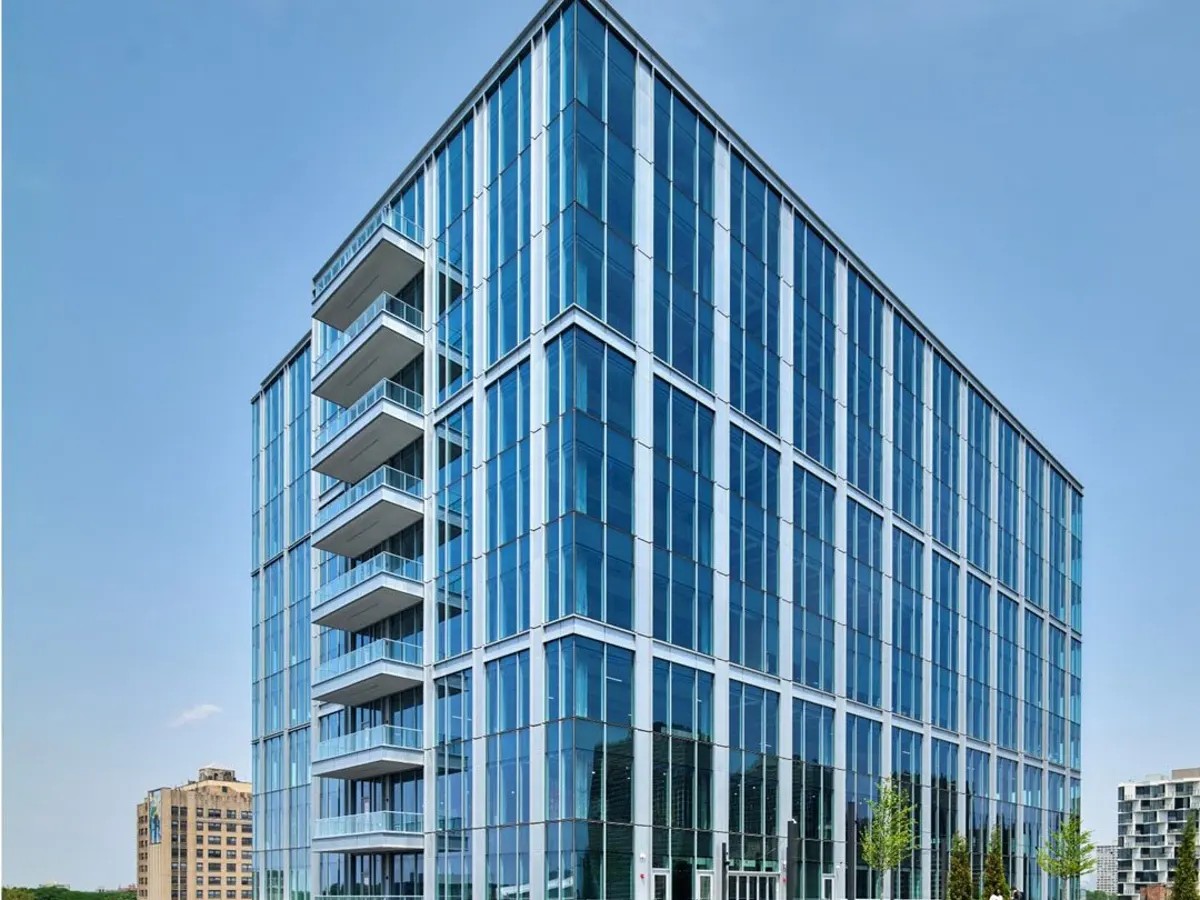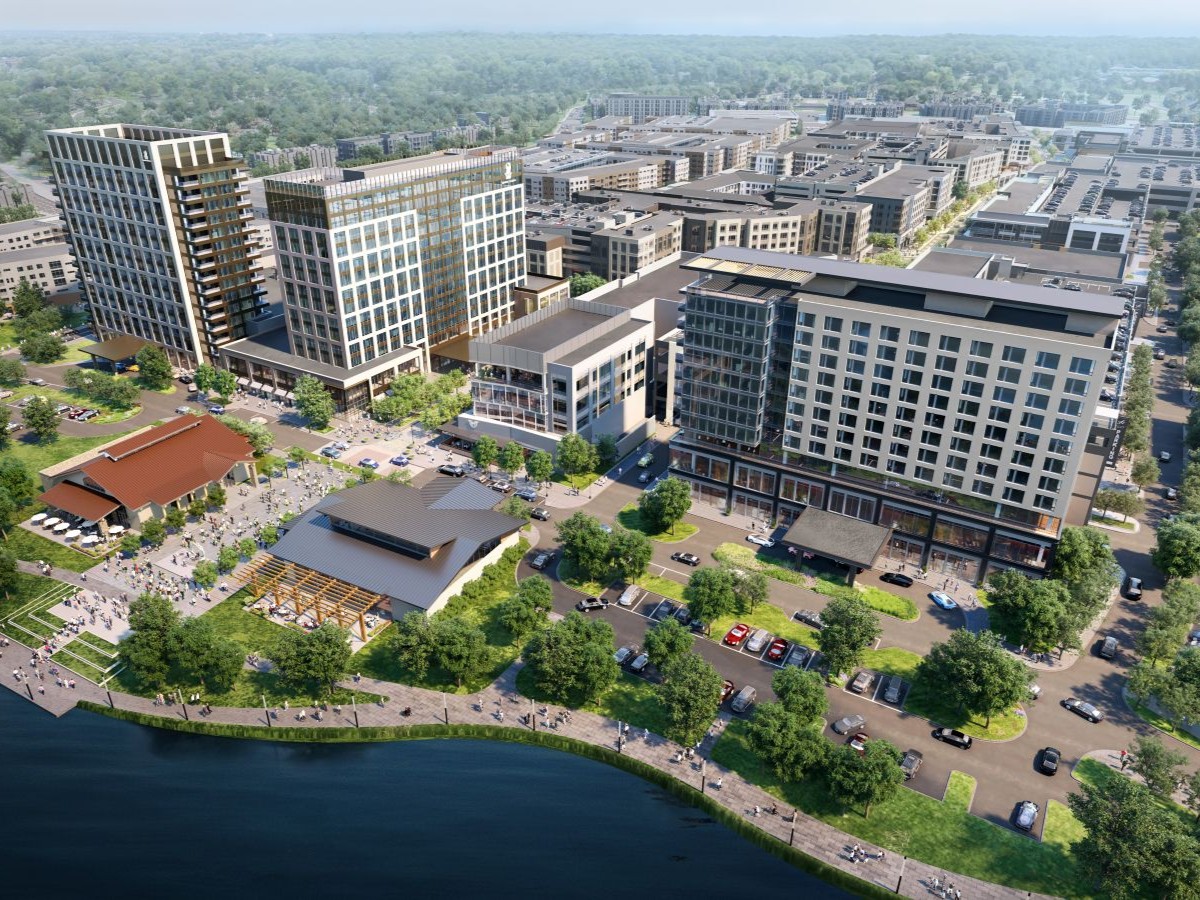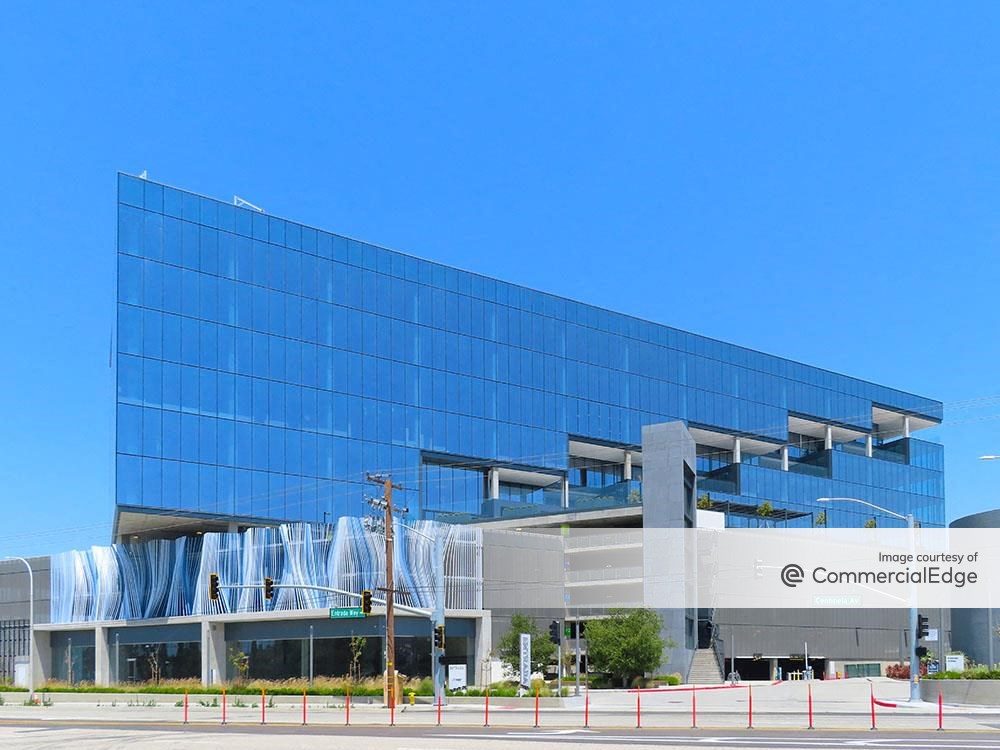COVID-19 Creates CRE Opportunities for LatAm Investors
Claudio Mekler, founder of Miami Manager, explains how the current crisis enables foreign investors to take a more active role in the U.S. real estate market.
For the most part, Latin American investors have been historically priced out of the U.S. market, but similar to what happened during the Great Recession, foreign investors now have an opportunity to capitalize on the current market conditions. Miami Manager’s Founder Claudio Mekler gave Commercial Property Executive some insights on the current U.S. retail market and explored whether the current crisis provides a good investment opportunity for Latin American investors.
With the retail market among the hardest hit by the coronavirus outbreak, many tenants struggle to pay rent. Mekler explains how he deals with tenants in this situation during these times and how the company’s portfolio has been impacted by the COVID-19 pandemic.
READ ALSO: COVID-19 Shakeup Reaches Neiman Marcus, Lord & Taylor
What opportunities do U.S. real estate markets currently offer Latin American investors?
Mekler: This crisis will create some distress in the retail market, so it will allow us to buy retail centers and land for mixed-use projects that are usually off-limits to us because of pricing when the U.S. market is performing well.
Is this a good time for Latin American investors to put money into CRE assets?
Mekler: Our investors understand that the values of real estate in the U.S. may go down in the short term, but values will recover in the long term and even exceed pre-coronavirus levels. They are a lot more worried about the survival of their own businesses in their countries and the massive losses they suffered in the stock market. With a stock, you never know if its value will ever go up again. With real estate, you do. In the last few weeks, I’ve received calls from prospective investors who want to take their money from the stock market to put it into U.S. real estate.
READ ALSO: What Retail Landlords Need to Know During the Pandemic
What are the challenges of investing in U.S. CRE assets in today’s market conditions?
Mekler: We come from countries where we experience economic uncertainty quite often. We learned how to operate and invest in unpredictable environments. It is true that the massive injection of government funds into the U.S. economy will create inflation in the longer term, but we are used to hedging inflation too. To us, investing in U.S. income-producing assets is the best way to protect our savings not only from our weakening currencies but also from the inflation in the U.S. While currencies lose value, including the dollar, income-producing assets gain value year after year as leases adjust for inflation every year. On top of that, you have the appreciation of the asset.
What types of properties is your company most interested in?
Mekler: We are looking for shopping centers and land for mixed-use developments in the tri-county area. We plan to start buying properties as soon as the real estate market reaches a certain level of normalcy. For example, we were talking to the seller of a property that was for sale before the crisis. But in the last couple of weeks, the seller took the shopping center off the market. Sellers and buyers need more clarity in terms of how much rent they will be able to collect, to determine the market value of an income-producing asset. We are not there yet.
How will your portfolio be impacted by COVID-19? Can you tell us about a recent acquisition?
Mekler: Some of our retail tenants are having problems paying rent because their businesses have been closed for several weeks, so we are being proactive and trying to work with them. We analyze each case and make one-on-one decisions based on real data. For example, for a tenant who had paid us six months of rent in advance, we have reduced his April rent by 50 percent.
In the case of a tenant who is halfway through the construction of a new store, we will let him defer rent payments in April and May, so he will only have to pay the Common Area Maintenance (CAM) fees during that time. Then, beginning in June, he will pay full rent again plus an additional 10 percent every month to cover the deferred rent. Another tenant will pay us 50 percent of the rent plus the CAM in April, May and June. In July, the business will begin paying full rent again. Then in January, February and March 2021, the tenant will pay full rent plus installments of the deferred rent. Tenants are opening their books and letting us scrutinize their business model to negotiate a temporary solution. We are also sending our tenants e-blasts informing them of all the loans that the state and federal government have made available for small businesses, so they can access capital to cover their business expenses.
In terms of our most recent acquisition, we acquired a West Palm Beach shopping center anchored by Kohl’s and Dick’s Sporting Goods. We bought the 200,888-square-foot Shoppes at Southern Palms for $23.6 million last November. We were attracted to the property because of the strong anchor tenants and steady cash flow.
What are Miami Manager’s mid- and long-term goals regarding investment in the U.S.?
Mekler: We currently own five retail centers in South Florida. Some of our tenants include Starbucks, CVS Pharmacy, Dollar Tree, MetroPCS, Dick’s Sporting Goods, Subway, Trek Bicycle, Xfinity, Chick-fil-A and Kohl’s.
Our goal is to continue to acquire distressed land and retail centers in the region. Our strategy has allowed us to successfully reposition retail centers, boost their cash flow and increase their market value. Our acquisitions are around $50 million with a hold period of between five and seven years. We raise capital in Latin America to acquire shopping plazas in the U.S., and in recent weeks it has become easier to raise funds. Latin American investors want to take advantage of a small window of opportunity in the U.S.—due to the distress caused by the global pandemic—to acquire great assets at reasonable values. During the bull market, many foreign investors were priced out of the U.S. market.
Do you think COVID-19 might start a crisis like the 2008 Great Recession? How can foreign investors help with the recovery?
Mekler: We don’t believe so. Back in 2008, it was a financial crisis caused by a meltdown of the credit markets. This is a health and economic crisis that can be corrected once the economy opens up and people go back to work. However, it will take months for the unemployment rate to go down and for businesses to overcome the losses caused by the COVID-19 shutdown. Any economy benefits from direct foreign investment because you are injecting fresh capital that, at the end of the day, helps create jobs and ignite economic development.









You must be logged in to post a comment.